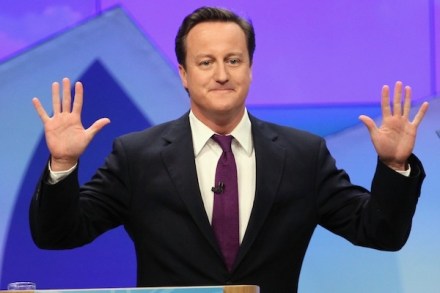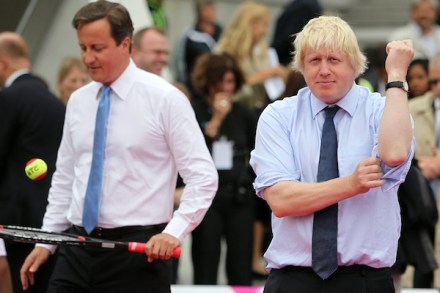A deal on party funding could enrage Tory backbenchers all over again
Are the Tories about to do a deal with the Liberal Democrats over political party funding? Benedict Brogan intriguingly suggests that David Cameron might offer a post-Lords reform olive branch to Nick Clegg — the state funding of political parties. In return, the Lib Dems would have to support a future vote on boundary change: His side won’t like it, but it will be presented as Mr Clegg’s price for securing a review that gives the Tories more seats. And some Tories, including Mr Cameron, may be secretly delighted to reduce their reliance on donors who are never slow to voice their frustrations when things go wrong. With party memberships





















